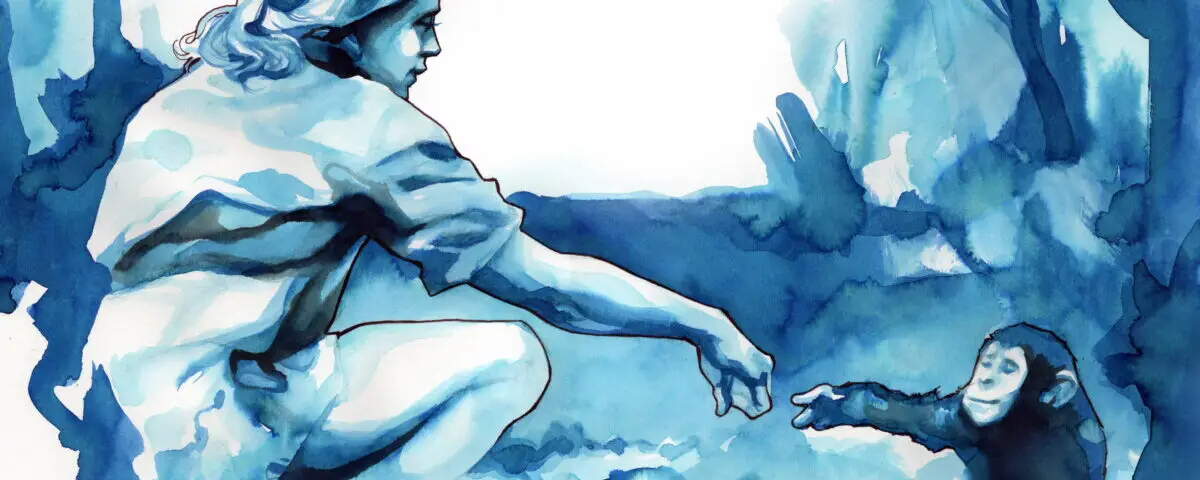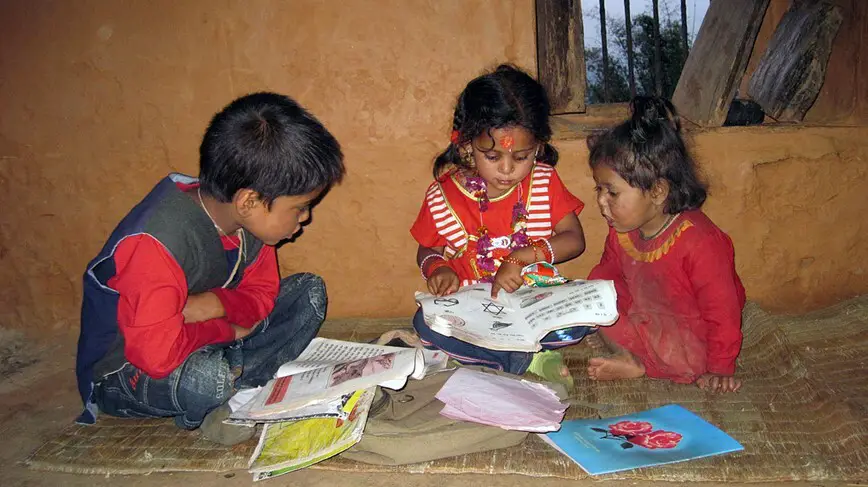Have you ever felt stuck in your routine, longing for a change of scenery? Have you ever dreamt of exploring new cultures, meeting new people, and immersing yourself in new experiences? Maybe you wonder why travel is important to you. If so, you’re not alone.
You may ponder on – why is travel important? While others yearn for a chance to travel, to break away from the monotony of daily life, and to discover the world. Travel is important because it is more than a luxury or a leisure activity. And, it is one of the best ways to invest in yourself.
From personal growth to cultural enrichment, educational enhancement to environmental sustainability, and social connections to professional development, the benefits of travel are endless. In this article, we’ll explore the most valuable benefits of travel and why it is so important for your overall wellbeing and development.
So pack your bags, fasten your seatbelt, and get ready for an adventure of a lifetime.
Personal Benefits of Travel
“The real voyage of discovery consists not in seeking new landscapes, but in having new eyes.”
Marcel Proust
Travel broadens horizons and expands perspectives.
Travel has the power to challenge our assumptions and expose us to new ways of thinking and living. When we experience other cultures and lifestyles, we gain fresh insights into new ideas, languages, lifestyles, foods and ways of life. Expanding perspectives helps us view ourselves and the world in a different way.
Travel increases self-awareness and personal growth.
Meeting people with diverse beliefs and backgrounds fosters empathy and self-awareness. When we travel, we are taken out of our comfort zone and forced to navigate unfamiliar situations. We learn to recognise our strengths, weaknesses and personal goals and overcome fears.
Travel improves mental health and wellbeing.
Travel is an effective way to improve mental health and wellbeing. Studies find that new experiences in unfamiliar environments provide cognitive and sensory stimulation and help promote mental health and wellbeing. In a society that increasingly suffers from anxiety and depression, being physically active, ingesting more vitamin D, and being more social, reduces stress and improves mood.
Travel is important for personal growth.
Elizabeth Gilbert, the author of the acclaimed book, Eat Pray Love, travelled to Italy, India, and Indonesia after a difficult divorce. Her travels helped her rediscover herself, find inner peace, and start a new chapter in her life.

- She travelled to Italy where she ate.
- Then she travelled to India where she prayed in an ashram for four months.
- Finally, she went to Indonesia where she fell in love.
Written as a spiritual and personal exploration, the successful memoir was made into a film starring Julia Roberts in 2010.
Cultural Benefits of Travel
“Travel is fatal to prejudice, bigotry, and narrow-mindedness.”
Mark Twain
Travel promotes cultural understanding and tolerance
One of the most meaningful benefits of travel is the ability to learn about and appreciate different cultures. This is particularly important in today’s ever-increasing globalisation. By experiencing first-hand how other people live, we acquire a deeper understanding of our fundamental similarities despite cultural differences. This in turn helps break down cultural barriers and promotes mutual respect and tolerance.
Travel fosters empathy and compassion.
Travel fosters empathy and compassion by exposing travellers to the challenges and struggles faced by people who live in different environments. Through travel, we interact with locals, engage in cultural activities, and learn about the history and social issues of a particular region. In this way, we get a better understanding of the human experience, and develop a sense of kinship with others.
Travel exposes us to diverse perspectives and ways of life.
Travel is important for exposing people to diverse perspectives and different ways of life. By immersing ourselves in different cultures, customs, and languages, we gain a deeper understanding of the nuances and complexities of global issues. This helps us become more open-minded and adaptable in our personal and professional lives.
Travel transports us to other cultures.
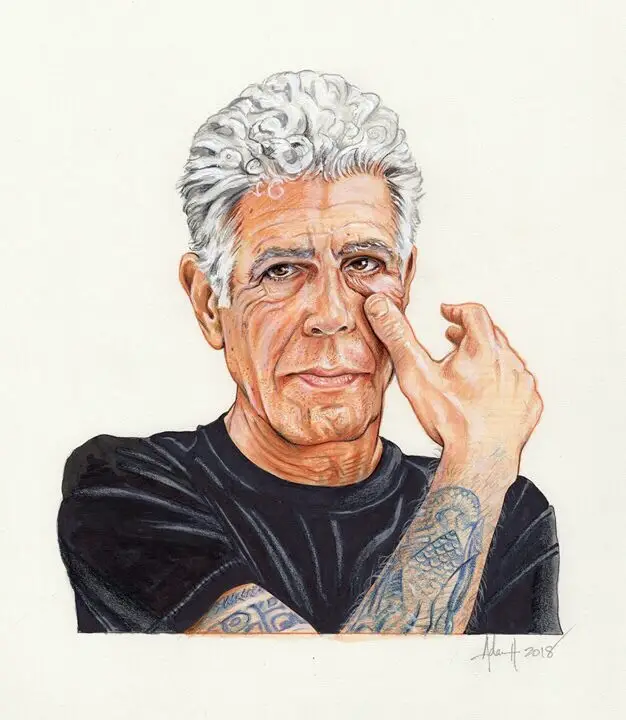
Anthony Bourdain was a chef, author, and travel documentarian who travelled the world to explore different cultures and cuisines. His love affair with food began after tasting a fresh oyster while holidaying in France as a child.
His experiences exposed him to diverse perspectives and ways of life, and he used his platform to promote cultural understanding and tolerance.
He was a cultural ambassador who helped bring world foods into Western living rooms and kitchens.
Educational Benefits of Travel
“Travelling – it leaves you speechless, then turns you into a storyteller.”
Ibn Battuta
Travel enhances educational experiences.
Travel is important because it educates us, and it provides real-time learning opportunities that can’t be replicated in a classroom. Stepping into the history books through physical visits to museums, historical sites, and cultural institutions gives us a deeper understanding of the world.
Travel introduces you to new languages and cultures.
Traveling to a new country or region encourages us to immerse ourselves in a foreign culture. When we learn a new language or improve language skills already learned, we gain a better understanding of the nuances of communication. This understanding helps us appreciate and respect different cultural perspectives.
Travel enhances careers and professional development.
This could include:
- networking with professionals in other parts of the world.
- attending conferences and seminars.
- learning new skills through travel-related activities.
People who participate in overseas volunteer projects often have a competitive edge in their careers which improves their job prospects.
Travel adds authenticity to authors tales.
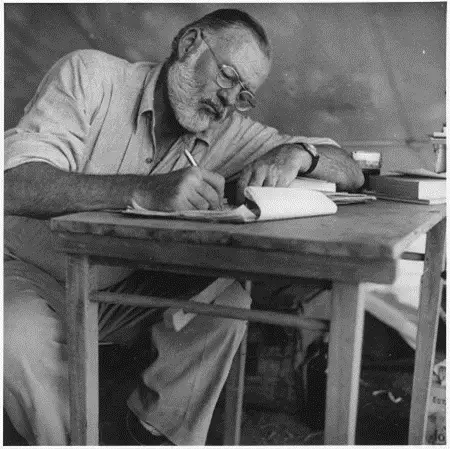
Ernest Hemingway, the famous American author travelled to Europe as a young man to work as a journalist and was deeply affected by his experiences. His journeys around Spain taught him the history and culture of the country.
This influenced his decision to report on the Spanish Civil War in 1937-38 as a war correspondent. In 1939 he moved to Havana to write the famous novels For Whom the Bell Tolls and The Old Man and the Sea.
Environmental Benefits of Travel
“Here is your country. Cherish these natural wonders, cherish the natural resources… Do not let selfish men or greedy interests skin your country of its beauty, its riches or its romance.”
Theodore Roosevelt
Travel brings environmental awareness.
Travel helps raise awareness about environmental and conservation issues. By visiting natural areas, we become eyewitnesses to the impact of human activity on the environment. This is essential if we are to become more aware of, and responsive to, protecting our natural resources.
Travel fosters appreciation of natural resources and biodiversity.
By visiting the world’s wildest areas, we develop a deeper appreciation for the natural beauty and biodiversity of the world. This appreciation helps to inspire us to become advocates for conservation and preservation, and to make sustainable choices in our daily lives.
Travel helps conservation and ecotourism.
Travel plays an essential role in supporting conservation and ecotourism. By visiting destinations that prioritise sustainability and conservation, we are contributing to the support of local conservation initiatives.
These initiatives include ecotourism activities which:
- promote sustainable practices in the tourism industry.
- advance the preservation of natural areas.
- provide economic opportunities for local communities.
Travel is vital for Environmentalists.
Jane Goodall, the English primatologist, and environmental activist has travelled extensively throughout her career to study chimpanzees and promote conservation.
At the age of 26, she travelled to Tanzania, Africa, and learned a lot about chimpanzees and their environment.
Since then, she has become an important voice for wildlife conservation.
She has travelled extensively raising awareness of wildlife conservation and critical habitats.
Social Benefits of Travel
“Perhaps travel cannot prevent bigotry, but by demonstrating that all peoples cry, laugh, eat, worry, and die, it can introduce the idea that if we try and understand each other, we may even become friends.” Maya Angelou
Maya Angelou
Travel builds social connections.
Travel is important for making social connections and community building. When we meet locals and other travellers, we create new friendships and relationships that can last a lifetime. Travel contributes to breaking down social barriers and connects people enabling the creation of communities among people from diverse backgrounds.
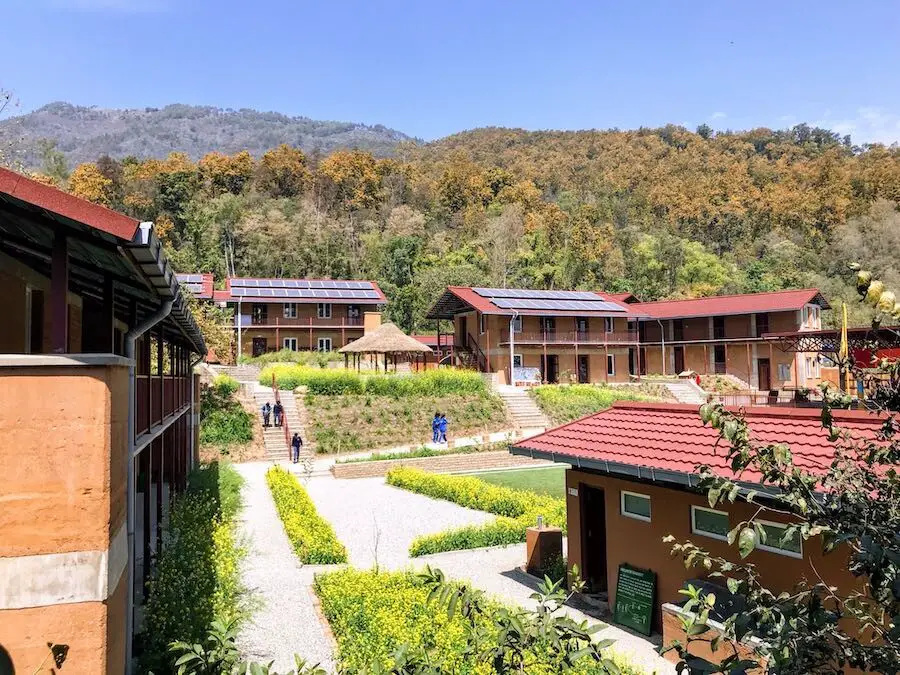
Maggie Doyne is a social entrepreneur who founded the Kopila Valley Children’s Home and School in Nepal. She travelled to Nepal as a teenager in her gap year and was struck by the poverty and lack of educational opportunities for children in the region. She decided to stay in Nepal and started working with local communities to build schools and provide education and healthcare for children.
Through her work in Nepal, Doyne was able to make social connections and build a community of supporters and volunteers world-wide. Her organisation, which has grown over the years, provides education and support to hundreds of children and women in Nepal.
Travel provides opportunities for networking and collaboration.
By attending conferences, seminars, or cultural events, we meet professionals from other parts of the world. These form valuable connections that can benefit our personal and professional lives.
Travel helps cross-cultural exchange and diplomacy.
When we engage with locals and learn about their culture, we are developing cross-cultural exchanges and diplomacy. This exposure helps to break down cultural barriers and promotes mutual respect and understanding between cultures and nations.
Photo: Nirmal Dulal/WikiCommons. Nepalese children reading
Summary
Travel is much more than a business trip or a holiday vacation. It’s an investment in personal growth and education which enriches society.
From the moment you step out of your comfort zone, you embark on a journey that will challenge preconceptions, broaden horizons, and open hearts to the world outside. Travel is the ultimate teacher, offering lessons on diversity, cultural understanding, empathy, and so much more. It’s a powerful tool for connecting with people, building relationships, and forging new collaborations that can lead to life-changing opportunities.
And let’s not forget the environmental impact of travel; responsible tourism can:
- support local communities,
- promote conservation, and
- protect our planet.
So, whether you’re a seasoned traveller or a first-time adventurer, we encourage you to take the leap and explore this beautiful world.
As Saint Augustine once said,
The world is a book, and those who do not travel read only one page.
So go ahead and turn the page. You never know what exciting adventure lies ahead.
FAQs
Q: What personal benefits can I gain from travelling?
A: Travelling can help you broaden your horizons, expand your perspective, and increase self-awareness. It can also improve your mental health and wellbeing by reducing stress and help you to relax.
Q: How can travel promote cultural understanding and tolerance?
A: Travel exposes you to diverse perspectives, customs, and ways of life, which can help you develop empathy, compassion, and tolerance for others. It can also foster cultural understanding by encouraging you to learn about the history and traditions of different cultures.
Q: How can travel enhance my education and career prospects?
A: Travel can provide unique educational opportunities, such as language acquisition and cultural immersion, that can enhance your skills and knowledge. It can also broaden your professional network and create opportunities for career development.
Q: How can travel support environmental sustainability?
A: Responsible tourism practices, such as reducing your carbon footprint, supporting local conservation efforts, and practicing eco-tourism, can help support environmental sustainability.
Q: How can travel promote social connections and community building?
A: Travel can create opportunities for social connections and community building by encouraging cross-cultural exchange and providing a platform for networking and collaboration. It can also promote community development by supporting local businesses and economies.

